VALSARTAN - ORAL
PHONETIC PRONUNCIATION: (val-SAR-tan)
COMMON BRAND NAME(S): Diovan
GENERIC NAME(S): valsartan
Uses
USES: Valsartan is used to treat high blood pressure and heart failure. It is also used to improve the chance of living longer after a heart attack. In people with heart failure, it may also lower the chance of having to go to the hospital for heart failure. Valsartan belongs to a class of drugs called angiotensin receptor blockers (ARBs). It works by relaxing blood vessels so that blood can flow more easily. Lowering high blood pressure helps prevent strokes, heart attacks, and kidney problems.
How to use VALSARTAN - ORAL
HOW TO USE: Read the Patient Information Leaflet if available from your pharmacist before you start taking valsartan and each time you get a refill. If you have any questions, ask your doctor or pharmacist. Take this medication by mouth with or without food as directed by your doctor, usually once or twice daily. The dosage is based on your medical condition and response to treatment. For children, the dosage is also based on weight. If you are using the liquid form of this medication, shake the bottle well for at least 10 seconds before each dose. Carefully measure the dose using a special measuring device/spoon. Do not use a household spoon because you may not get the correct dose. Use this medication regularly to get the most benefit from it. To help you remember, take it at the same time(s) each day. Keep taking this medication even if you feel well. Most people with high blood pressure do not feel sick. Tell your doctor if you do not get better or if you get worse (for example, your blood pressure readings remain high or increase).
Side Effects
Precautions
Interactions
Overdose
Images
Reviews
Faq for VALSARTAN - ORAL
- Valsartan is an oral medication that belongs to a class of drugs called angiotensin receptor blockers (ARBs). It is used to treat high blood pressure, heart failure, and to improve survival after a heart attack.
- Valsartan works by blocking the action of a substance called angiotensin II, which causes blood vessels to narrow and increases blood pressure. By blocking this substance, Valsartan helps relax and widen the blood vessels, reducing blood pressure.
- Common side effects of Valsartan include dizziness, lightheadedness, headache, tiredness, abdominal pain, and diarrhea. It is important to notify your doctor if you experience any persistent or severe side effects.
- Although rare, serious side effects of Valsartan may include allergic reactions, difficulty breathing or swallowing, chest pain, irregular heartbeat, signs of kidney problems, and symptoms of liver damage. Seek immediate medical attention if you experience any of these symptoms.
- Yes, Valsartan can interact with certain medications, including nonsteroidal anti-inflammatory drugs (NSAIDs), diuretics, lithium, and certain blood pressure-lowering medications. It is important to inform your doctor about all the medications you are taking before starting Valsartan.
- Valsartan should be taken exactly as prescribed by your doctor. It is typically taken once or twice a day, with or without food. You should not stop taking Valsartan without consulting your doctor, as it may worsen your condition.
- Valsartan should not be used during pregnancy, as it can cause harm to the unborn baby. If you become pregnant while taking Valsartan, inform your doctor immediately.
- Valsartan is generally not recommended for use in children younger than 6 years old. The safety and effectiveness of Valsartan in pediatric patients over 6 years old may vary, so it is important to consult a doctor for proper evaluation.
- It is generally recommended to avoid or limit alcohol consumption while taking Valsartan, as alcohol can lower blood pressure and increase the risk of side effects.
Warning
WARNING: This drug can cause serious (possibly fatal) harm to an unborn baby if used during pregnancy. It is important to prevent pregnancy while taking this medication. Consult your doctor for more details and to discuss the use of reliable forms of birth control while taking this medication. If you are planning pregnancy, become pregnant, or think you may be pregnant, contact your doctor right away.
Disclaimer
IMPORTANT: HOW TO USE THIS INFORMATION: This is a summary and does NOT have all possible information about this product. This information does not assure that this product is safe, effective, or appropriate for you. This information is not individual medical advice and does not substitute for the advice of your health care professional. Always ask your health care professional for complete information about this product and your specific health needs.
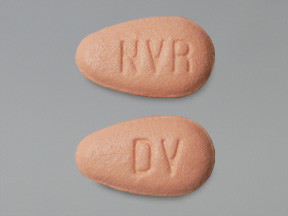
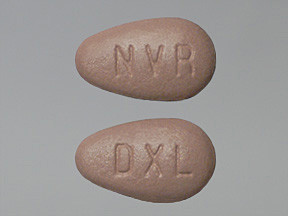
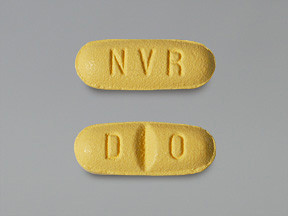
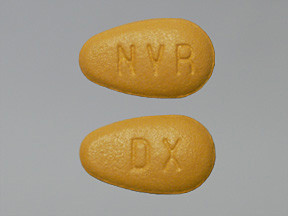
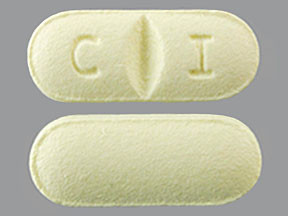
No Reviews Yet